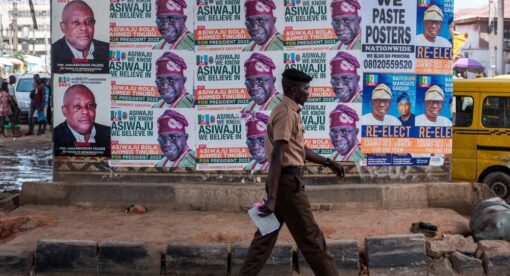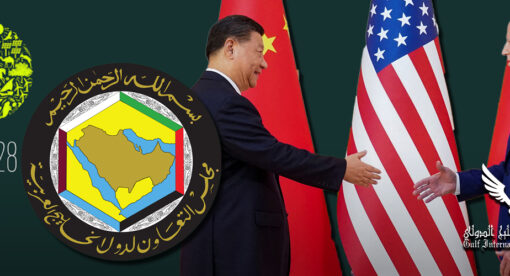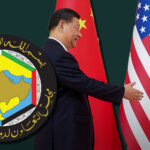Moves toward normalization with Tehran jeopardize the Abraham Accords.
The United Arab Emirates is the latest in a wave of Gulf countries that have signed normalization agreements with Iran, as the region seeks to make amends amid U.S. disengagement and elevated tensions. Following Saudi Arabia’s surprise trilateral agreement last month with Iran and China that put both regional foes on track to normalize relations, Gulf states like Bahrain have rushed to repair ties with Tehran. And now, Iran has reinstated its ambassador to Abu Dhabi as a sign of goodwill ahead of a much-anticipated meeting between the Saudi and Iranian foreign ministers in Beijing and Iranian President Ebrahim Raisi’s potential visit to Saudi Arabia. The announcement follows a visit from Iran’s top security official, Ali Shamkhani, to the UAE in March.
Yet while Saudi Arabia appears the regional trendsetter in engaging Iran, the UAE has quietly led from behind, building economic ties and exploring diplomatic avenues with Tehran for years. Emirati officials have long been preparing for a regional reopening with Iran, with the objective of moderating the Iranian government’s behavior and posture in the region. However, making nice with Iran has complicated the UAE’s rapprochement with Israel under the 2020 Abraham Accords, forcing it to try to balance two tracks of normalization.
UAE-Iranian Relations
The UAE and Iran share a fraught, complex history. The two countries are separated by just 70 kilometers (45 miles) of water in the Strait of Hormuz, but despite their geographic proximity, their foreign policy visions could not be more different. When Iranian protesters set fire to the Saudi Embassy following Riyadh’s execution of prominent Shiite cleric Sheikh Nimr al-Nimr in January 2016, the UAE joined many of its neighbors in severing diplomatic relations with Iran. Iranian sponsorship of Shiite proxies in Iraq, Lebanon, Syria and Yemen exacerbated tensions with the UAE and its Gulf allies, while the buildup of Iran’s nuclear program created deep distrust.
Read the rest in Geopolitical Futures.












